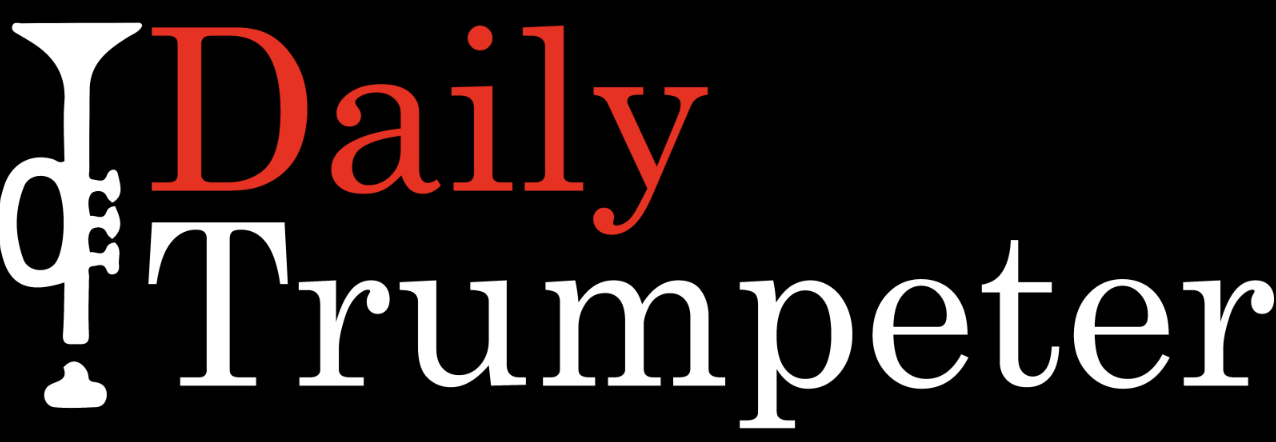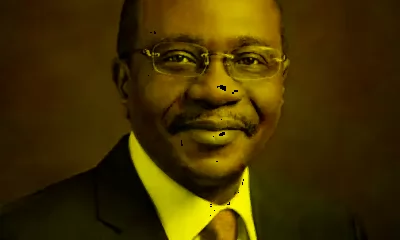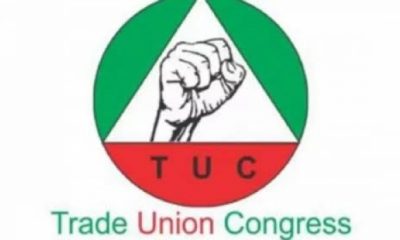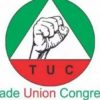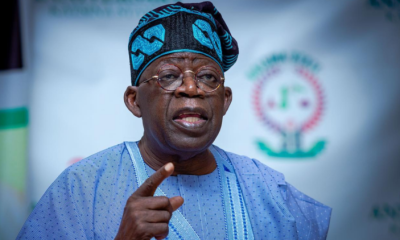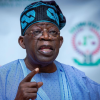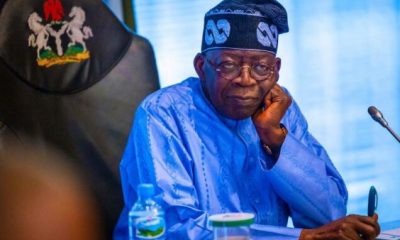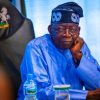Opinion
Abimbola Adelakun : Tinubu’s certificates, Atiku’ moral victory
 With the United States court mandating that Chicago State University release some of President Bola Tinubu’s records, Atiku Abubakar, the Peoples Democratic Party candidate and Tinubu’s rival in the last general elections, won a moral victory bigly. While this might not translate to legal gains in the upcoming Supreme Court, many Nigerians seem thrilled by the turn of events. I understand that feeling. This is one of the rare instances where a court judgment repudiates the almighty power that the Nigerian presidency embodies. For a nation where it is near impossible to compel its leaders to answerability, watching a higher form of power shake their supposed invincibility is gratifying.
With the United States court mandating that Chicago State University release some of President Bola Tinubu’s records, Atiku Abubakar, the Peoples Democratic Party candidate and Tinubu’s rival in the last general elections, won a moral victory bigly. While this might not translate to legal gains in the upcoming Supreme Court, many Nigerians seem thrilled by the turn of events. I understand that feeling. This is one of the rare instances where a court judgment repudiates the almighty power that the Nigerian presidency embodies. For a nation where it is near impossible to compel its leaders to answerability, watching a higher form of power shake their supposed invincibility is gratifying.

This certificate scandal has been long in coming. The inconsistencies in his claimed trajectory began to appear when he became Lagos governor. From his family background to educational path, the numbers did not line up.
The late lawyer and activist Gani Fawehinmi memorably fought at the courts to unravel the façade but never quite succeeded. The court case could not proceed then because he had political power on his side and constitutional immunity. Tokunbo Afikuyomi also took the fall (for a crime he likely never committed), a deflection that left a bitter taste in the mouth. Who seeks public office but would not take the time to fill out a personal form.
While the legal aspect got caught in a constitutional quandary, the questionable credentials stuck with his public profile. If Tinubu had remained where he was in Lagos, his certificate issues would have remained a niggly problem and might even have been wrapped up in his enigma. By aspiring towards and actively pursuing the presidency, the issue was recuperated to disqualify him. It did not help that his lawyers filed serial appeals to stop the impending judgment to the point their frenzied attempts raised some red flags. In one instance, his lawyer even argued that “severe and irreparable harm will be done to Bola Tinubu if the records are released.” What kind of harm could possibly come to a man already president?
Atiku’s role in all these is most interesting. He pursued the case of Tinubu’s certificates like a man who knew something could be found. You do not pay the expense of hiring lawyers and fighting serial appeals by the defendants without some certainty that something worthwhile would be revealed. TheCable publisher Simon Kolawole’s narration of his professional experience in the certificate scandal suggests how Atiku might have had foreknowledge. According to Kolawole, while he was the editor of a weekly news magazine owned by Atiku, TheWeek, they produced an edition on the allegations of certificate forgery against Tinubu where they raised some vital questions. The management had the printed copies redacted. It was 2002, and even though they were in different political parties, Atiku and Tinubu were close friends and associates.
Ironically, the same Atiku that shielded his friend from scrutiny is also the one who went all the way to wrest his academic records from his university. You can call him amoniseni—the people who use their intimate knowledge about you to harm you—but high-stakes politics can be that amoral when you want what your opponent has.
I also want to believe that as an African big man, Atiku is also aware our laws and institutions can hardly make our political elites accountable. A victory in the US courts might not mean much at home. That makes me wonder, what if his end goal is not merely to challenge Tinubu in court but simply to disgrace him? Unless something changes, Atiku still has 2027 presidential ambitions. His doggedness in pursuing Tinubu’s certificates could be to use his (ex-) friend’s perennial thorn in the flesh to cause a moral wound. An internet resident himself, Atiku knows how much the younger digital population—many of whom actively voted against Tinubu in February—are invested in this case. He might also be playing for them. His big victory here is not what the certificates reveal or how they will be received at the Supreme Court but to score a goal before observers with varying interests in how the case unfolds.
The triumphalism they exude is not a matter of certainty that this will go anywhere in a Nigerian court but that the man before whom every institution in the country has bowed met his match in political power. What Judge Nancy Maldonado ordered could not have happened in the Nigerian courts.
Another source of satisfaction is seeing that the saying, “the judiciary is the last hope of the common man” still has meaning elsewhere. Unlike Nigeria where judges will spend a whole day reading prefabricated judgment that sends everyone to sleep and ultimately contributes nil to the course of justice in the country, we saw a court where a judge understood what was at stake and mandated the release of contested records. No hiding behind technicalities, no endless adjournments, and no judge cosying up to political powers. The judge saw—and ruled—on what needed to be done.
In Nigeria, that same case would have crawled through the court for 20 years and barely moved an inch. In fact, for each court appearance, the defendant would have sent 120 SANs to court. All of them, wig and gown in tow, would have lined up there like small children waiting to see Father Christmas. To see a mere judge—a human of like passion, vested with the power of democratic institution—compel an African president to accountability before the people he purportedly serves, is a most rewarding spectacle.
For Nigeria where our leaders are bigger than the courts, seeing them brought down by oyinbo judicial systems is always a joy and the body counts cannot rack up fast enough. We remember former Delta governor, James Ibori, who was exonerated in Nigeria for corruption only for him to be tried and imprisoned in the United Kingdom. We also saw how Ike Ekweremadu was made to pay for his crimes in a London court without anyone giving a bleep about his big man status. Which court in the country would have sentenced a former Deputy Senate President? Big men do not go to prison in Nigeria, and that is not because they do not commit crimes. Our judicial system lacks the autonomy to make judgments against them, and it was never designed to hold powerful people accountable anyway.
Of course, Tinubu’s supporters will try to spin the turn of events in the standard way they frame his defeats. Yínmú! If he were such an astute strategist, the economy under his watch would not be in the doldrums. Anyway, his supporters are welcome to their monomania, but I am pretty sure that Tinubu himself would have preferred not to have the myth of his invincibility punctured. By proving he is not unshakeable, Atiku won this round.
Punch
